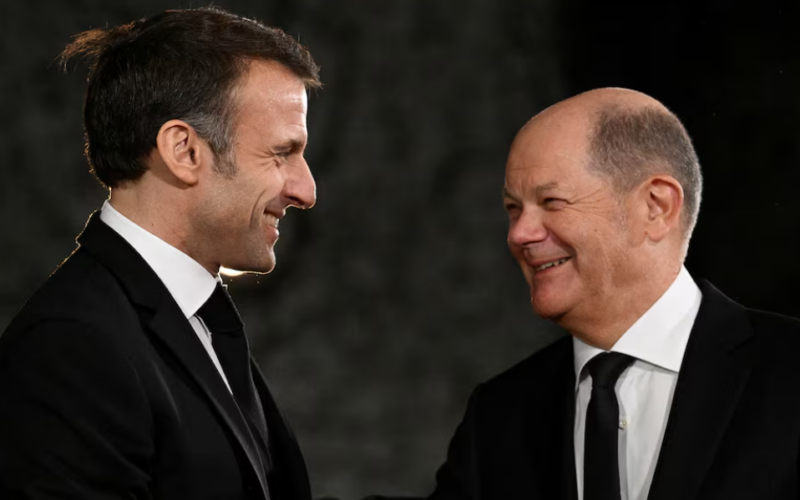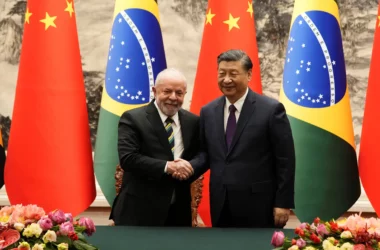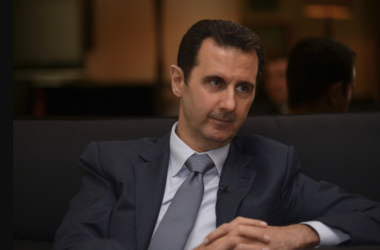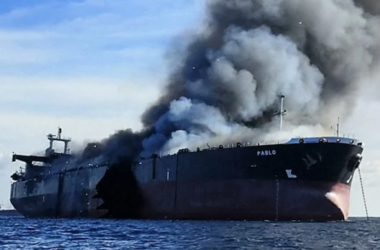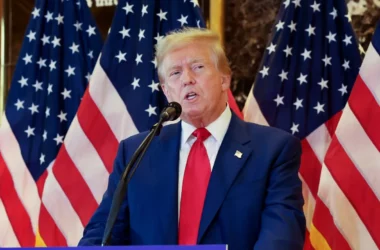German Chancellor Olaf Scholz is set to convene discussions with his French and Polish counterparts in Berlin on Friday, seeking to address recent discord within the European Union regarding support for Ukraine.
In light of recent tensions among allies, particularly evident during a hastily arranged summit in Paris last month, efforts are underway to bolster European solidarity in aiding Ukraine’s defense against ongoing Russian aggression.
Friction arose following French President Emmanuel Macron’s reluctance to rule out the deployment of Western troops to Ukraine, prompting a reprimand from Chancellor Scholz. This underscores longstanding divisions between the EU’s leading powers.
The divergence in strategic messaging between Macron, adopting a more assertive stance, and Scholz, positioning himself as a “peace chancellor,” reflects the complexity of European responses to the crisis.
Former French Foreign Minister Jean-Yves Le Drian, now serving as a special envoy for Macron, expressed optimism that the upcoming meeting would foster reconciliation and strengthen support for Ukraine.
The summit agenda includes bilateral discussions between Macron and Scholz, followed by the arrival of Polish Prime Minister Donald Tusk. The trio is expected to issue statements before engaging in collective deliberations.
The current discord among European allies has raised concerns among Ukrainian officials, who warn of potential adverse repercussions stemming from indecision and lack of coordinated action.
As U.S. support for Ukraine wanes, European solidarity becomes increasingly pivotal, particularly amid reports of ammunition shortages faced by Ukrainian troops.
NATO Secretary General Jens Stoltenberg issued a stark reminder to alliance members of Ukraine’s urgent need for ammunition, urging swift action to bolster support for the embattled nation.
Poland’s strategic significance, coupled with its proximity to Ukraine, underscores its pivotal role in European efforts to aid Kyiv. However, questions persist regarding the long-term viability of Ukraine’s defense and the adequacy of European support.
Despite challenges and uncertainties, there remains a shared commitment among European leaders to enhance cooperation and solidarity, as they navigate the complexities of the ongoing crisis in Ukraine.




